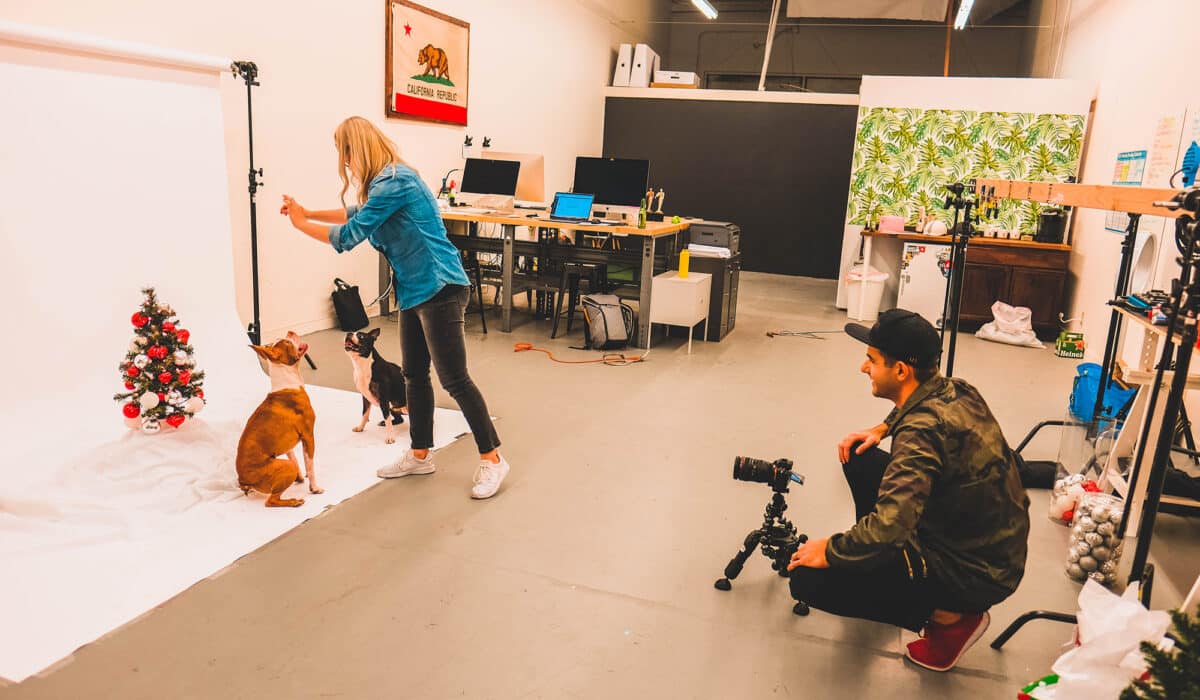Grace McBride and her best friend Sarah Peters were seniors at Cornell University in 2019 when an entrepreneurship class sparked the formation of their first company.
The assignment asked McBride to come up with an idea for a company, test her hypotheses and conduct in-depth customer research. In addition to going to school, she’d been working full time as a travel advisor at the luxury travel agency MilesAhead, and she was inspired to address challenges she saw in the industry.
“I had, in my own experience, just been experiencing the need for back-end help as a business in the travel industry and explored that [idea] through the class,” McBride said.
The class gave the duo the opportunity to test-drive the idea what became TripKit, a company that provides back-end organization and administrative support for luxury travel advisers.
In June 2022, they sold that company for a low-6-figure price tag.
Building a company while earning an MBA
By the time McBride and Peters sold TripKit to a private buyer, Pete Lietz, the company employed four full-time virtual assistants and served more than 100 travel advisers. They kept in touch with about 800 potential customers via their newsletter.
To learn more about customer needs, the pair rounded up customers through direct outreach on LinkedIn, messaging every travel adviser they could find and setting up as many meetings as they could.
Applying their learnings, they decided to abandon McBride’s original tech-focused idea and developed a service-based solution instead.
“Starting a business is always [filled with] a hesitation of, are we right?” McBride said. ”But we just felt like we had done so many interviews and so much research that there wasn’t really a moment that we actually felt we could be wrong.”
Their confidence paid off — but it took a while. Shortly after they formed the company, the pandemic hit, and 2020 wasn’t a great year for anyone in the travel industry. During that time, TripKit offered services for free to customers who still needed them. “It provided a lot of good will and trust and people were excited to pay us again when travel rebounded,” McBride said.
And they quickly learned what had been missed in that entrepreneurship class: how to actually set up the business. Through that class and the MBA McBride went on to earn, business lessons were mostly conceptual. As TripKit’s CEO, she had to learn in the trenches how to do practical things like accounting, payroll, taxes and registering a business.
“Being 21 at the time, it was just a little bit overwhelming to really set up a business,” she said. ”But once we started getting that first customer, it kind of got easier from there.”
How the founders of TripKit found a buyer
When business slowed during the early months of the pandemic, McBride and Peters began working on a second project, this time a tech-focused concierge solution for travel advisers called Lucia. When travel came rushing back in 2021 and 2022, they knew they couldn’t continue to split their attention between the two companies.
Interested in the challenge of building a tech product, they chose to stick with Lucia and began looking for a buyer for TripKit.
“We felt like we had started a great company [with TripKit], and it was time for somebody to go off and grow it,” McBride said. “I love TripKit, but we just felt really excited about this new one that we knew TripKit would have taken a backseat.”
Through the marketplace MicroAcquire, the founders connected with a boutique brokerage called The Magnolia Firm, who eventually introduced them to Lietz.
“Our broker did a lot of the work for us,” McBride said. “I really only needed to be looped in when a serious and vetted buyer was ready to meet me. It saved a lot of time and hassle for us.”
One challenge the founders encountered as they prepared to sell was standardizing their subscriptions rates. In the early days of the business, they’d made custom subscription deals with customers that they didn’t expect a new owner to honor. So they connected with those customers to move them to standard plans — which bumped revenue up quickly and left McBride wishing they’d done it a lot sooner.
“Don’t wait to ‘prepare’ your business for selling until you’re actually ready to sell,” she advises other founders. “Get all of the systems and processes set up in the beginning; it will truly change your business for the better.”



